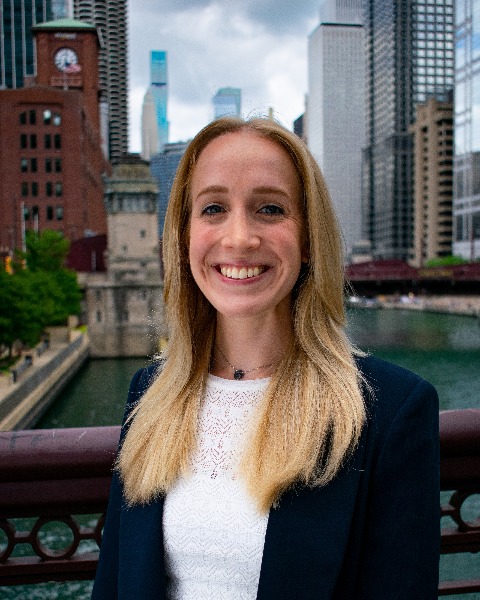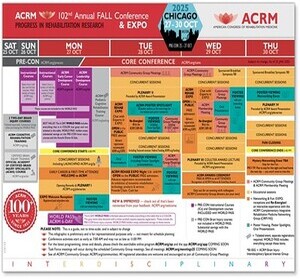
Nicole Sharf, M.A. (she/her/hers)
Doctoral Candidate in Clinical Psychology
The Chicago School
Nicole Sharf, M.A., is a fifth-year doctoral candidate in clinical psychology at The Chicago School (Chicago Campus). She is currently completing her clinical internship with a specialization in rehabilitation psychology at the Christine E. Lynn Rehabilitation Center for the Miami Project to Cure Paralysis at UHealth/Jackson Memorial Hospital. She is committed to advancing health and rehabilitation psychology with a particular emphasis on addressing disparities in sexuality and reproductive health for individuals with spinal cord injuries and disorders (SCI/D).
Ms. Sharf’s academic and clinical trajectory reflects a deepening focus on the intersection of sexual and reproductive health with disability. Her interest began during her undergraduate studies at the University of Florida, where she examined STI testing behaviors and predictors of sexual satisfaction. As a doctoral student, she expanded this work through a research clerkship with Projects Advancing Sexual Diversity at The Chicago School, exploring alternative sexual practices in women.
Her transition into disability-focused research was catalyzed through a research assistantship at the Center for Rehabilitation Outcomes Research at Shirley Ryan AbilityLab (SRAlab). There, under the mentorship of leaders in SCI rehabilitation, she contributed to a Craig H. Neilsen Foundation-funded project exploring mental health and quality-of-life issues in individuals with SCI. Her work included systematic reviews on anxiety and chronic pain, authorship of a qualitative manuscript on sexuality and reproductive health post-injury, and development of educational materials for individuals with SCI, their caregivers, and providers.
These experiences shaped Ms. Sharf’s dissertation work, a mixed-methods study investigating menstrual health and contraceptive care among women with SCI/D. Her research explores the psychosocial impacts on such aspects of reproductive health following SCI, as well as the financial, educational, and infrastructural barriers to reproductive self-management in the context of disability, aiming to inform more inclusive health care practices and improve quality of life for this population.
Poster(s):
-
Monday, October 27, 20257:45 PM - 8:00 PM

.jpg)
.jpg)
.jpg)
.jpg)
.jpg)
